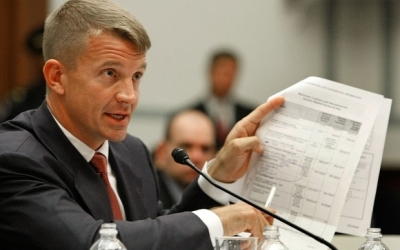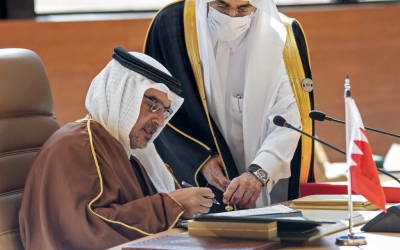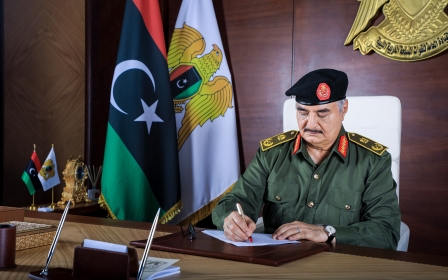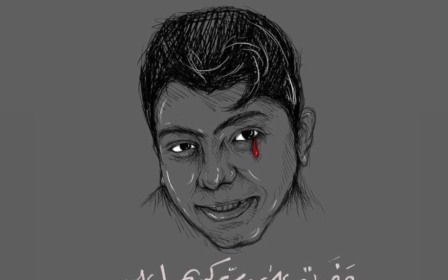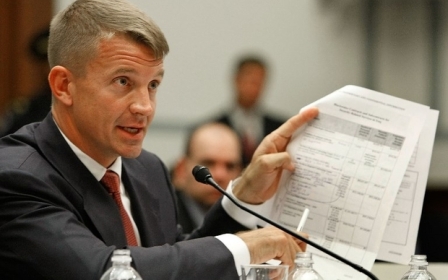Arabic press review: UN official says Libya has 20,000 mercenaries
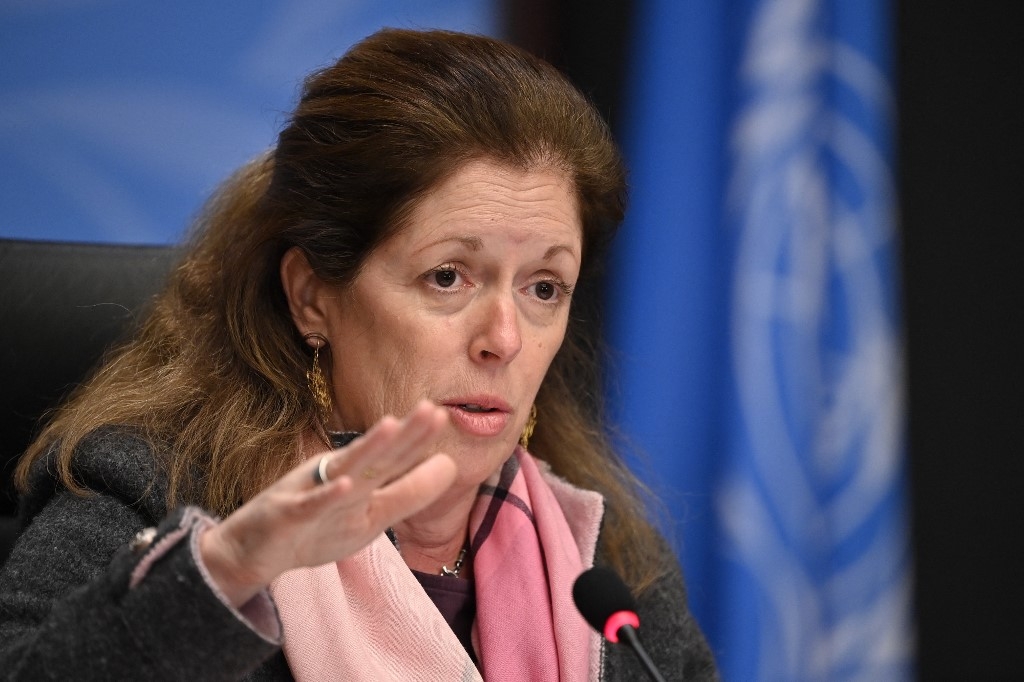
Libya has 20,000 mercenaries: UN official
A senior UN diplomat in Libya told the Saudi newspaper Al-Sharq Al-Awsat on Friday that there are about 20,000 mercenaries in Libya.
Stephanie Williams, deputy special representative of the UN secretary-general for political affairs, stressed that these mercenaries did not enter Libya on a "red carpet", saying that "they have to leave as Libyans reject any foreign presence in their country".
The UN official said that the Libyan government, headed by Abdulhamid Dbeibeh, has a "great opportunity" to lead the country to elections on 24 December and implement the "roadmap" that emerged from the Libyan dialogue.
She also confirmed that the greatest challenge the government may face is some people’s thirst for power and wealth.
Williams revealed that the UN team took advantage of the "military stalemate" to push for imposing a ceasefire on 23 October, noting that among the important factors behind the success of the Libyan dialogue was "the Libyans’ rejection of the foreign presence in their country.”
She added: "In Libya, there are between 17,000 and 20,000 mercenaries," including 6,000 coming from Syria.
Williams stated that former US National Security Adviser John Bolton had given Haftar the "green light" about four days before the attack on Tripoli, telling him: '"If you want to do this, do it quickly and reduce civilian casualties.' I do not know what General Haftar said, but he gave the impression that he would walk easily to Tripoli.”
Kuwait continues efforts to save Gulf reconciliation
Kuwait is making tireless efforts to support and boost the Gulf reconciliation that took place at the Al-Ula summit hosted by Saudi Arabia earlier this year, reported Al-Quds Al-Arabi newspaper.
Nawaf al-Ahmad al-Jaber al-Sabah, emir of Kuwait, sent a letter to Sheikh Tamim bin Hamad Al Thani, emir of Qatar, handed over by the emir's court through Nasser al-Mohammed Ahmad al-Jaber al-Sabah, Kuwait's foreign minister.
Qatar News Agency (QNA) said that the letter, which came in conjunction with an official meeting in Kuwait that brought together two delegations from the United Arab Emirates and Qatar to discuss the completion of reconciliation between the two countries, is centred on relations between the two brotherly countries and ways to support and strengthen bilateral cooperation.
Two delegations, representing both the Emirates and Qatar, met in the Kuwaiti capital, within the framework of the first meeting between the two sides to follow up the results of the recent Gulf summit, according to Al-Quds Al-Arabi.
According to official sources in Doha and Abu Dhabi, the two sides discussed joint mechanisms and procedures to implement the reconciliation agreement reached in Saudi Arabia.
The two delegations also stressed "the importance of maintaining the Gulf cohesion, developing joint Gulf action in the interest of the Gulf Cooperation Council countries and their citizens, and achieving stability and prosperity in the region."
On 5 January, the Al-Ula statement was issued by the 41st Gulf Summit in Al-Ula city, northwest of Saudi Arabia, announcing the end of a crisis that broke out on 5 June 2017 between Qatar, on the one hand, and Saudi Arabia, the Emirates, Bahrain and Egypt, on the other.
Kuwait’s treasury lacks liquidity, says minister
Kuwaiti Finance Minister Khalifa Hamada called for handling the scarcity of financial resources and the depletion of liquidity in the state treasury, stressing the need for economic and financial reforms, the Kuwait News Agency (KUNA) reported on Wednesday.
The Kuwaiti official said that his ministry "has taken a number of measures to secure liquidity since last July, when liquidity was not available."
Hamada’s speech came in response to a draft law submitted by the government to the National Assembly, allowing it to withdraw a maximum of five billion Kuwaiti dinars (about $16.5 billion) annually from the Future Generations Reserve Fund (FGF).
This measure aims to assist the government in facing the lack of liquidity in the state treasury.
Hamada stated that "the draft law is one of the solutions presented within a package of laws, including the approval of the public debt law and the implementation of financial reforms."
He noted: "We all have confidence in the cooperation of the National Assembly to overcome the obstacle."
*Arabic press review is a digest of reports that are not independently verified as accurate by Middle East Eye
Middle East Eye delivers independent and unrivalled coverage and analysis of the Middle East, North Africa and beyond. To learn more about republishing this content and the associated fees, please fill out this form. More about MEE can be found here.


